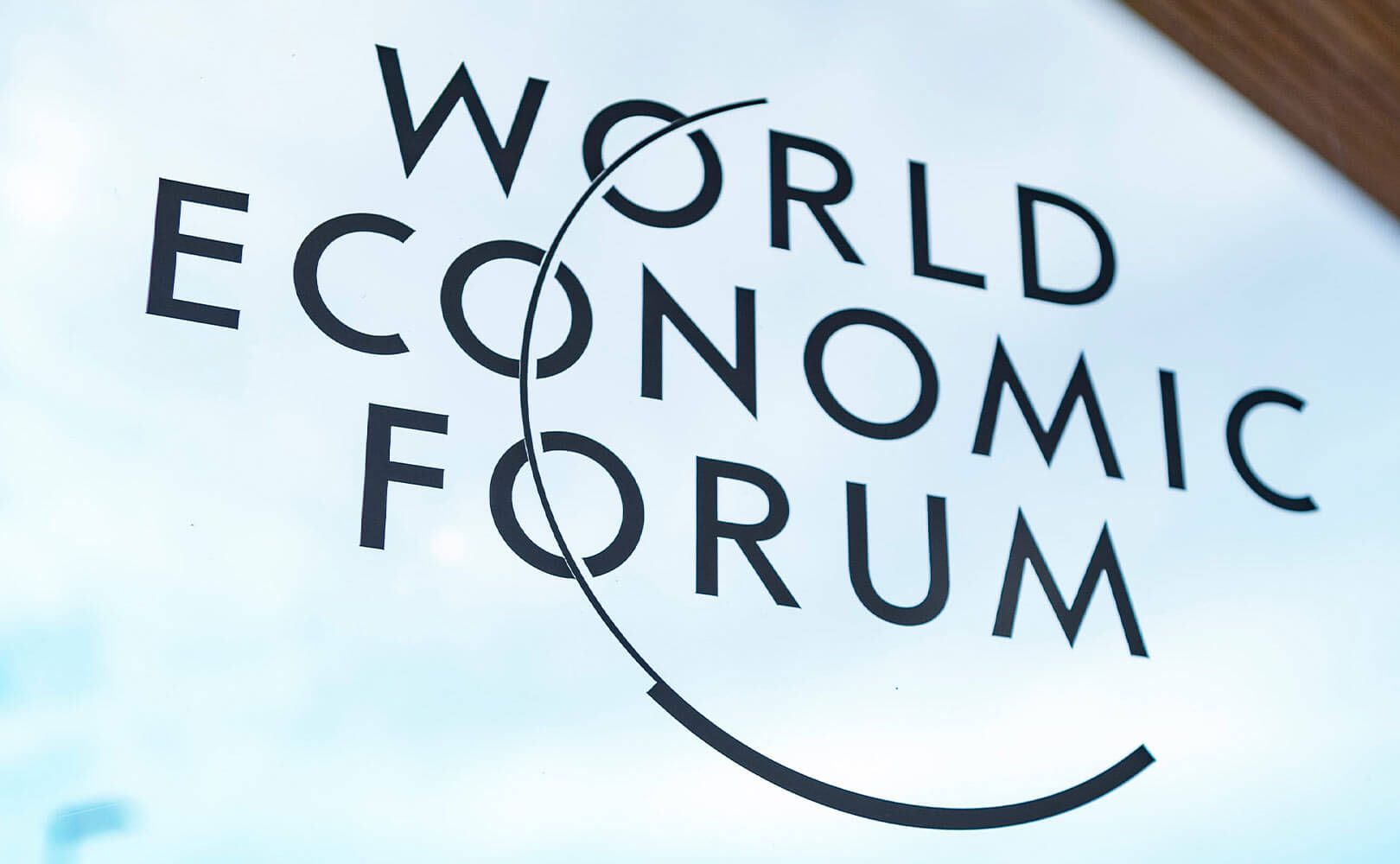Last month, I wrote a piece highlighting the linguistic signaling going on surrounding the Great Reset. I focused specifically on the emergence of the phrase, “Build(ing) back better” among those who want to let you know that they’re part of a special club of global elites who know what’s better for you, your country, your economy, and the world, than any of you silly plebes do. And I included references to the phrase made by a branch of the Church’s global relief confederation, Caritas Internationalis – which cited the pope’s eco-cyclical, Laudato Si.
What I did NOT write, but had intended to include, was that while Francis himself has not used the phrase “build back better,” he’s clearly aligned with the agenda of the Great Reset.
And if you think that’s a reach, well, today, he’s done us the favor of removing all doubt:
To help our society to “build back better”, inclusion of the vulnerable must also entail efforts to promote their active participation. #IDPD https://t.co/JIIJgNx76E
— Pope Francis (@Pontifex) December 3, 2020
In case it disappears, I grabbed a screenshot. You’re welcome to download it if you like:
If you want to know what the leaders of this “build back better” movement favor, look no further than Klaus Schwab, founder and executive chairman of the World Economic Forum, who wrote the following back in October:
For the past 30 to 50 years, the neoliberalist ideology has increasingly prevailed in large parts of the world. This approach centers on the notion that the market knows best, that the “business of business is business,” and that government should refrain from setting clear rules for the functioning of markets. Those dogmatic beliefs have proved wrong. But fortunately, we are not destined to follow them.
In September, my belief that a more virtuous capitalist system is possible was reaffirmed by an initiative of the forum’s International Business Council led by Brian Moynihan of Bank of America. They released the Stakeholder Capitalism Metrics: nonfinancial metrics and disclosures that will be added (on a voluntary basis) to companies’ annual reporting in the next two to three years, making it possible to measure their progress over time.
Doing so requires answering questions such as: What is the gender pay gap in company X? How many people of diverse backgrounds were hired and promoted? What progress has the company made toward reducing its greenhouse-gas emissions? How much did the company pay in taxes globally and per jurisdiction? And what did the company do to hire and train employees?
[…]
In the following years, pressure from social- and climate-justice movements such as Fridays for Future (inspired by Greta Thunberg), #MeToo and Black Lives Matter added to the sense of urgency. Business needed to do more than make a well-intentioned but vague pledge. By the summer of 2019, Moynihan and others put forth the idea of creating a tool to measure themselves. By the fall, the work was under way, and the Big Four consulting firms—Deloitte, EY, KPMG and PwC—signed on to define the metrics.
Schwab says their plan was in the works since at least 2016; of course, we know that the concepts and buzzphrases are older than even that. It’s all rooted in a philosophy of disaster/crisis management some refer to as “disaster capitalism.” I mentioned this in my prior piece, but it bears repeating here:
The Shock Doctrine: The Rise of Disaster Capitalism is a 2007 book by the Canadian author and social activist Naomi Klein. In the book, Klein argues that neoliberal free market policies (as advocated by the economist Milton Friedman) have risen to prominence in some developed countries because of a deliberate strategy of “shock therapy“. This centers on the exploitation of national crises (disasters or upheavals) to establish controversial and questionable policies, while citizens are too distracted (emotionally and physically) to engage and develop an adequate response, and resist effectively.
So again: the operative principle is to never let a crisis go to waste.
Schwab expresses concern that their plan for world domination a reinvention of economies and societies had been laid out in a first draft in January, 2020: right before COVID hit.
“Would the project survive this global crisis?” he asks. “And, more broadly, would the whole idea of stakeholder capitalism die in the COVID crisis?”
[I]f anything, the enthusiasm of the companies working on the project increased. “There was a sense that this was really important, especially in the crisis,” said Maha Eltobgy, who headed the initiative for the World Economic Forum. In the fall of 2020, the metrics were finalized and publicly released.
That’s right. They’re moving ahead. And of course they are. As Schwab writes on the very first page of his freely available book, COVID-19: The Great Reset:
[D]eep, existential crises also favour introspection and can harbour the potential for transformation. The fault lines of the world – most notably social divides, lack of fairness, absence of cooperation, failure of global governance and leadership – now lie exposed as never before, and people feel the time for reinvention has come. A new world will emerge, the contours of which are for us to both imagine and to draw.
And Pope Francis has made it clear that he’s totally on board with it.
Good to know.



